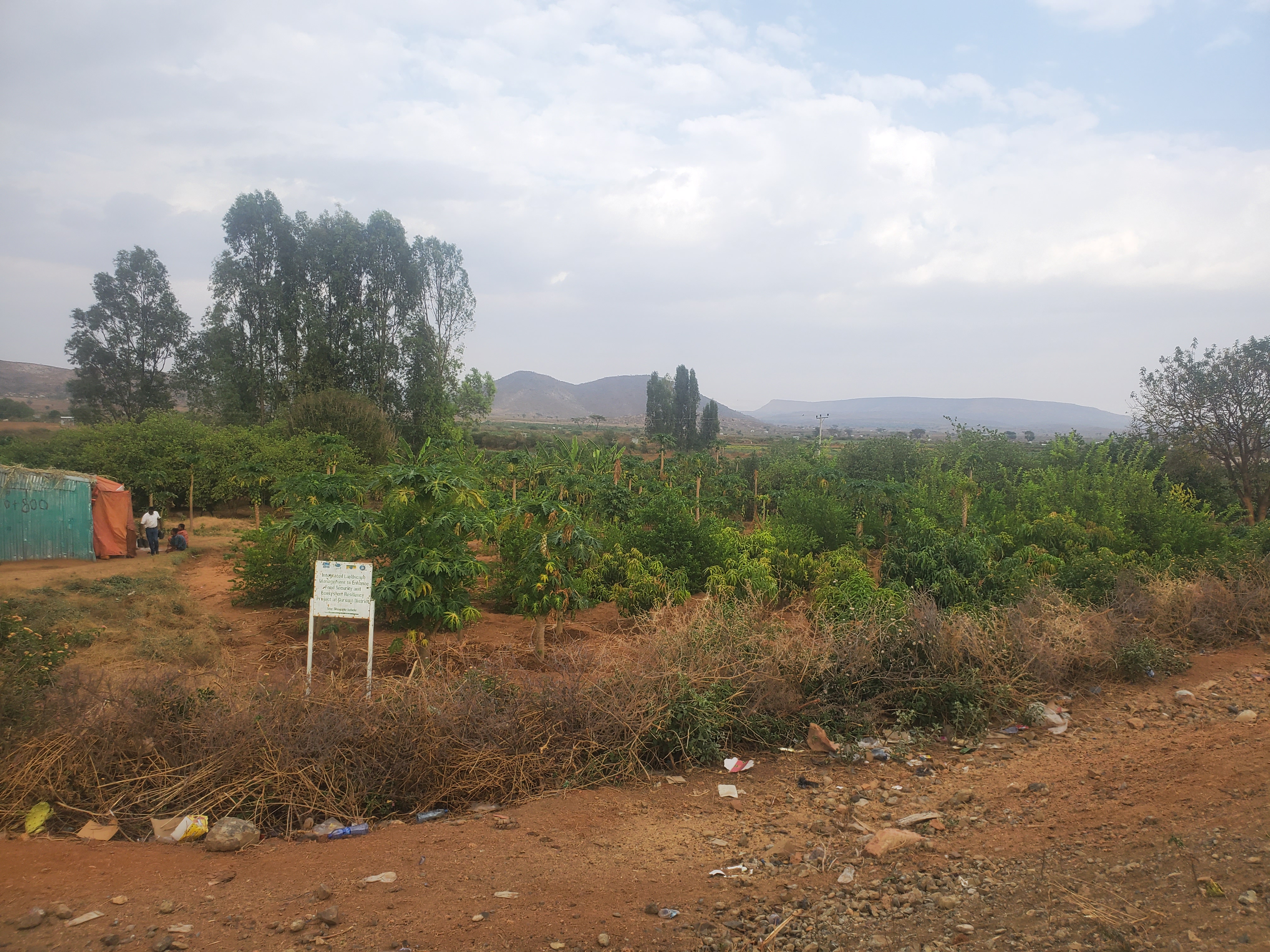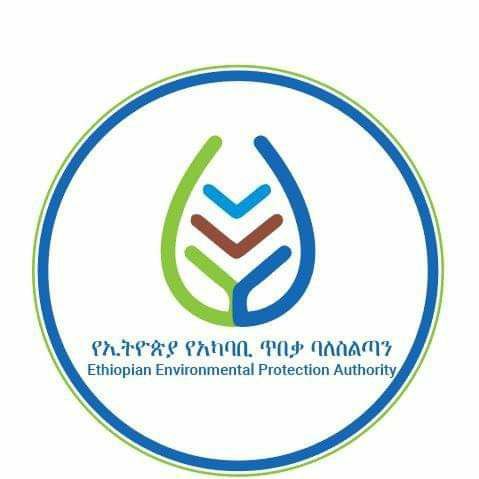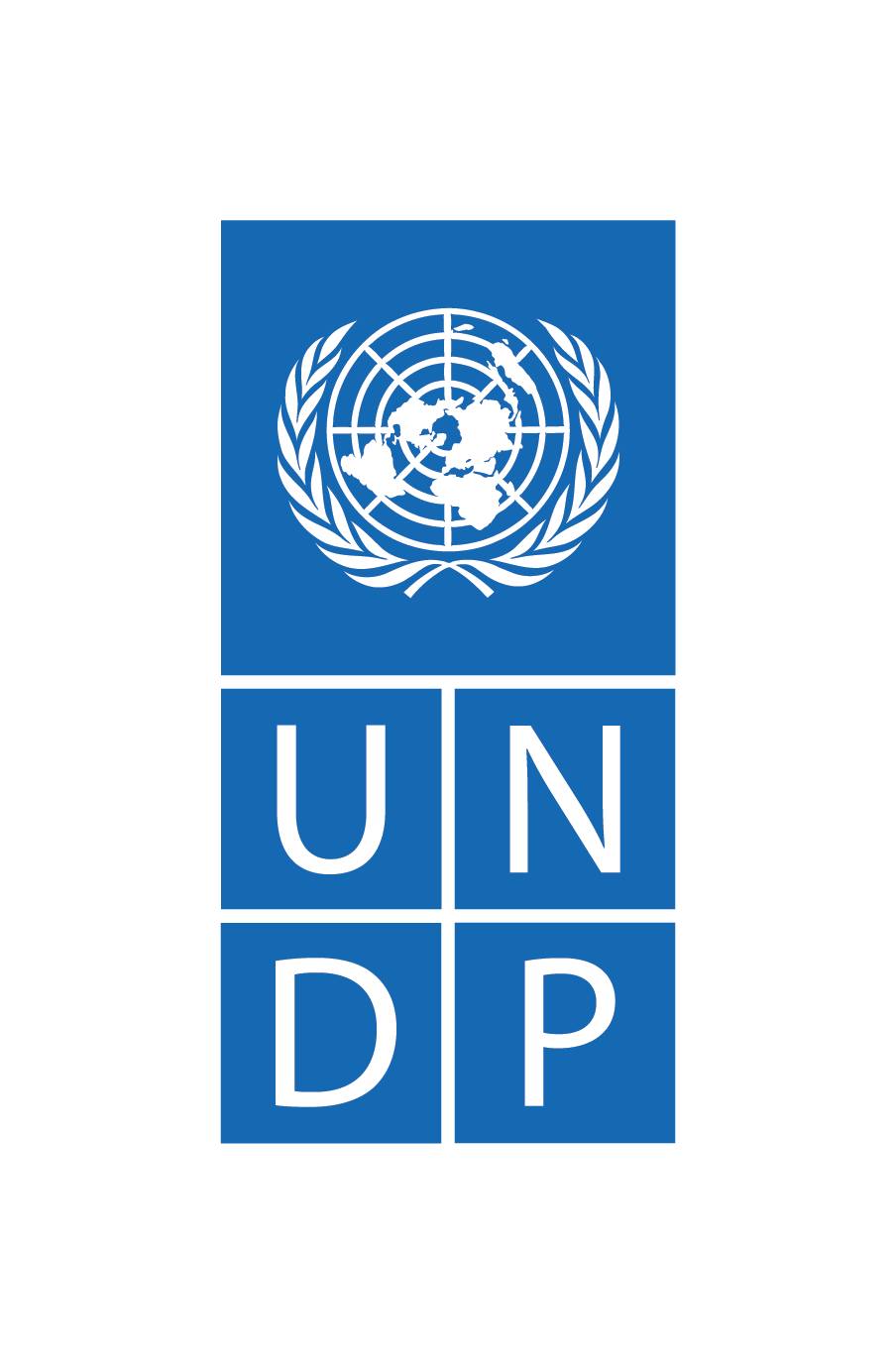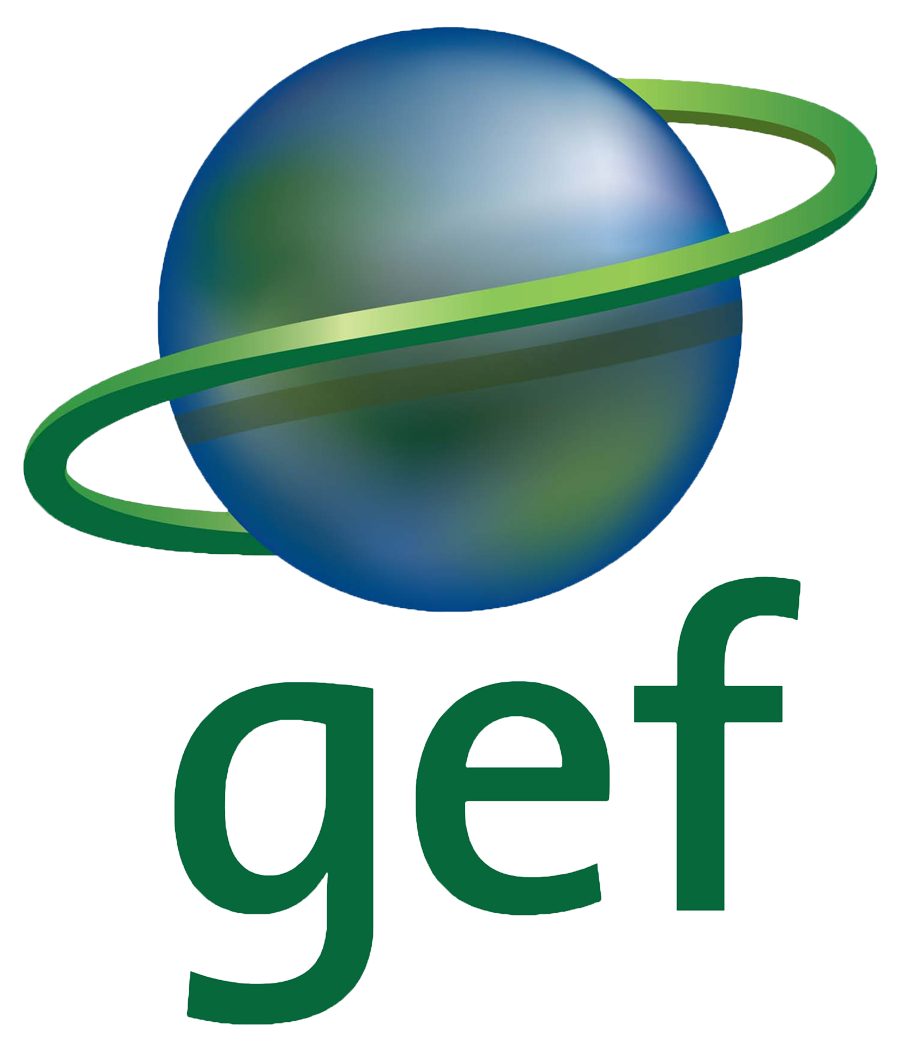Integrated Watershed Management to Enhance Food Security and Ecosystem Resilience in Ethiopia
1. Background
Integrated Watershed Management to enhance food security and ecosystem resilience in Ethiopia is a five-year project (2017-2022) being implemented in 12 woredas/districts of 6 regions of the country:1. Angolela and Menze-Gera woredas in Amhara region, 2. Tanqua-Abergele and Raya-Azebo woredas inTigray region, 3. Chiro and Doba woredas in Oromia region, 4. Belela and Dugna- Fango woredas in SNNP region, 5. Aba’ala and Amibara woredas in Afar region and 6. Tuliguled and Gursum woredas in Somali region.

1. Project objective
To enhance long-term sustainability and resilience of food production systems by addressing the environmental drivers of food insecurity in Ethiopia. The overarching focus is on integrated landscape management (ILM) to achieve food production resilience in landscapes under pressure. ILM combines land management choices and Integrated Natural Resources Management (INRM) with water- and climate-smart agriculture, value chain support and gender responsiveness.
This project contributes to:
LD Objective 3 (Reduce pressures on natural resources by managing competing land uses in broader landscapes),
Program 4 (Scaling-up sustainable land management through the Landscape Approach). This objective and program seek a range of outcomes increased investments in SLM and support mechanisms for SLM in wider landscapes as well as the adoption by local communities of integrated landscape management practices
2. Project Outcomes
Component 1: Institutional frameworks for enhanced biodiversity and ecosystem goods and services within food production systems
Major Activities:
Functioning multi-stakeholder platforms in place in the project sites and related levels of local government
Application of one gender-sensitive decision-support tool and participatory process
Strengthening environmental school clubes
In place policies at national and local level to support smallholder agriculture and food value-chains
Component 2: Scaling up the Integrated Landscape Management approach to achieve improved productivity of smallholder food production systems and innovative transformations to non-farm livelihoods
Activities:
Implementation of Integrated Land Management and supporting significant biodiversity and the goods and services
Support an increase in production of nutrient-dense foods (vegetables, fruits, legumes and animal-source foods)
Encourage more integrated farming systems
Establish alternative livelihood options and better access to microfinance
Support in the modernization of extension services with ‘champion’ farmer approaches, farmer field schools and innovation
Support Agro-pastoral systems under integrated landscape management
Support households with increased access to food including through off-farm activities
Support to increase investment flows to integrated natural resources management
Component 3: Knowledge Management, Learning, Monitoring and Assessment
Major Activities:
Establish Multi-scale monitoring of ecosystem services and global environmental benefits established at landscape level
Involve local academic and research institutions & selected farmers/pastoralists to establish an action research and learning program to provide evidence and support for local innovation and flexibility to
support the adoption of approaches
3. Total Budget and source of finance
The total project budget is USD 10,739,450 both from the GEF and UNDP sources. Furthermore, there is co- financing agreement in kind from the government of the country estimated as USD 14,465,431.
4. Key project achievements by the end of 2018
Under the project interventions, 55,540 hhs (28,933men and 26,607 women) have been benefited through diversified and integrated landscape management and food security interventions. The project has been working within 58 communities in 24,608.4ha through provision of selected agricultural inputs and technologies to improve the agricultural productivity, enhance livelihoods and ensure sustainability. These include supporting them in developing agricultural value chains, food security, working on nutrition sensitive agriculture, rehabilitation of degraded farm lands through appropriate technologies, soil fertility management, small scale irrigation, and related climate smart agricultural development technologies.
Rehabilitation of degraded landscape was one of the major components of the project; as the result 19,139.58 ha of land has been rehabilitated through appropriate technologies including physical & biological soil and water conservation, plantation, area closure management. The project provided dense food crop seeds and related inputs, improved dairy heifers, small ruminates, poultry, capacity building training and related inputs. Gender mainstreaming is also an important part of the project engaging women in all the project activities including in Climate Smart Income Generation Activities (IGA) such as poultry, fuel saving cooking stove production, solar energy, biogas development, horticulture and vegetable farming.
Furthermore, the project organized landless pro-poor families to engage themselves in feasible off-farm income generating activities. As the result 116 SHG with a member of 2748(74% women) have been organized and linked to micro finance institutions for further partnership and support. The project supported SHG through training, linking them to the credit and saving institutions. Accordingly, the SHG accumulated and saved birr 368,899.90 for further business development. Need based and knowledge supported integrated land scape management and food security programmes can solve the prevailing land degradation problems and climate change related food insecurity in the poor farming communities. To this effect the project identified key project deliverable areas and hired consultants to identify the existing opportunities, challenges and way forwards.
As the result, the project accomplished 7 studies.
Latest Downloadable resources
Clean Energy_ILM&FS project.pdf
Other Downloadable resources
- Summary of the Project Report_ILM and FS _2022.pdf
- IAP-FS Logframe revised final.pdf
- UNDP PIMS 5559 ETHIOPIA FSIAP PRODOC_ Final - May 8,2017.pdf
- MTR report_ILM and FS Project.pdf
- Ethiopia Terminal Evaluation Report UNDP 5559 GEF 9135.pdf
- Baseline_Report.pdf
- IAP-FS Side Event.pdf
- Trends Report_Q4_2021.pdf
Implemented by |
Supported by |
Funded by |
 |
 |
 |





